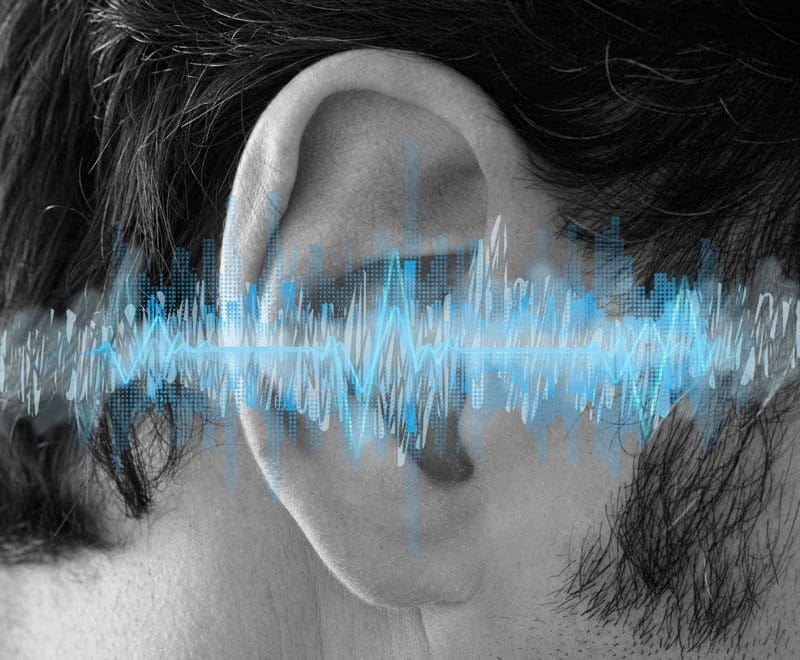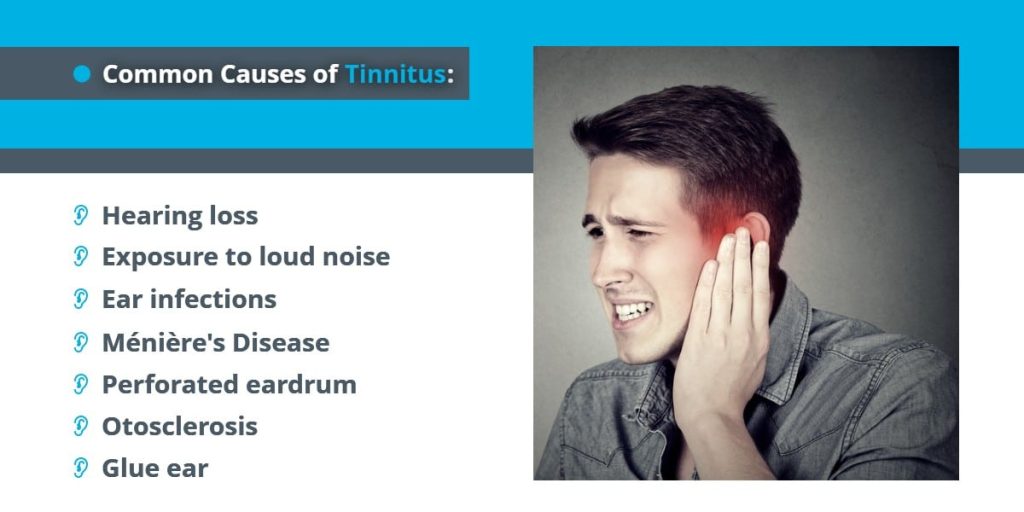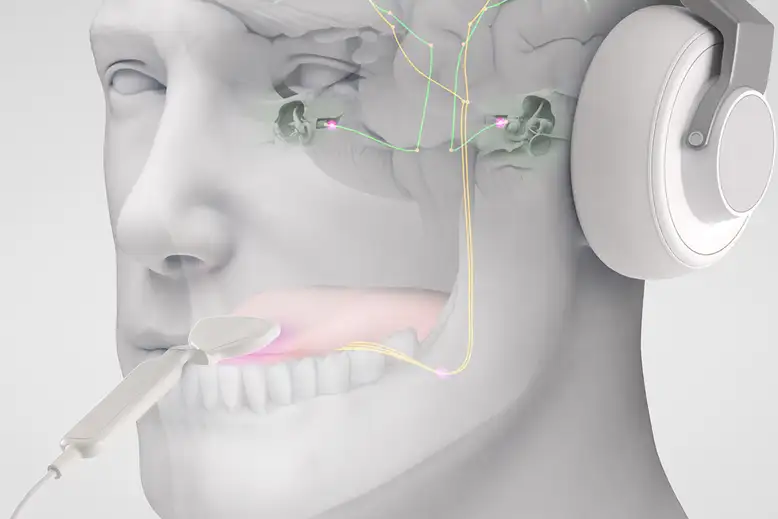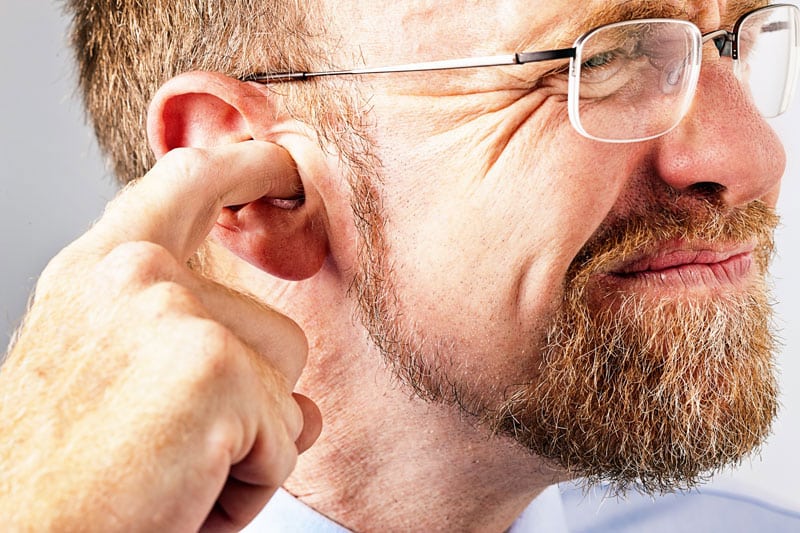Tinnitus, often described as ringing in the ears, affects millions worldwide, presenting as an array of sounds from buzzing, hissing, and whining to even pulsating in the absence of external noise. This condition, far from mere annoyance, can significantly impact an individual’s quality of life, leading to distress, difficulty concentrating, and sleep disturbances. Though commonly associated with hearing loss, tinnitus triggers, and underlying mechanisms are diverse, ranging from exposure to loud noises and certain medical conditions to the natural aging process. The complexity of tinnitus, with its various types and causes, necessitates a multifaceted approach to understanding, diagnosing, and managing the condition.
Contents
- The Silent Symphony – What is Tinnitus?
- Deciphering the Causes – Unraveling the Mysteries Behind Tinnitus
- The Diagnostic Journey – Navigating Through Tinnitus Assessment
- Treatment Horizons – Addressing Tinnitus with Innovative Approaches
- The Role of Lifestyle Adjustments in Tinnitus Management
- Navigating Through the Noise – Coping Strategies for Tinnitus Sufferers
- The Future of Tinnitus Treatment – Emerging Research and Innovations
- Debunking Tinnitus Myths – Separating Fact from Fiction
- The Power of Prevention – Safeguarding Against Tinnitus
- Tinnitus and Quality of Life – Beyond the Noise
- Echoes of Hope – Navigating the Journey with Tinnitus
- Related
The Silent Symphony – What is Tinnitus?

Tinnitus manifests as the perception of sound without an external source, often described as a ringing, buzzing, or hissing in the ears. This phenomenon can be intermittent or continuous, and its intensity varies, potentially disrupting daily activities and sleep. The condition is subjective, meaning only the person experiencing tinnitus can hear these sounds, making it a particularly isolating experience. Tinnitus is categorized into two main types: subjective, the most common form and can only be heard by the affected individual, and objective, a rare form that an examiner can hear during a medical evaluation.
Deciphering the Causes – Unraveling the Mysteries Behind Tinnitus

The causes of tinnitus are multifaceted and can stem from various factors, including age-related hearing loss, exposure to loud noises, certain medical conditions, and medications. Noise-induced hearing loss is a significant contributor, highlighting the importance of protecting one’s hearing. Medical conditions such as otosclerosis, Meniere’s disease, and ear infections can also precipitate tinnitus, as can certain medications known to be ototoxic. Understanding the underlying cause is crucial in developing an effective treatment plan.

Diagnosing tinnitus involves a comprehensive evaluation, including a detailed medical history, physical examination, and hearing tests. Audiological exams are paramount in assessing the severity of hearing loss and the specific characteristics of tinnitus. In some cases, imaging tests such as MRI or CT scans are recommended to rule out any underlying conditions. This diagnostic process aids in tailoring a personalized treatment strategy, addressing the symptoms and their root cause.
Treatment Horizons – Addressing Tinnitus with Innovative Approaches

Treatment for tinnitus varies, focusing on alleviating symptoms and improving quality of life. Sound therapy, using external sounds to either mask or distract from the tinnitus, offers significant relief for many. Hearing aids are beneficial, especially for those with hearing loss, by amplifying external sounds and making tinnitus less noticeable. Cognitive-behavioral therapy (CBT) has emerged as an effective tool in managing tinnitus’s psychological impacts, helping individuals cope with distress and focus less on noise.
The Role of Lifestyle Adjustments in Tinnitus Management

Lifestyle modifications are pivotal in managing tinnitus, with strategies to minimize its impact. Stress management techniques, such as meditation, yoga, and relaxation exercises, can alleviate the stress and anxiety associated with tinnitus. Sound management, including white noise machines and mindful listening practices, helps create a more comfortable auditory environment. Protecting one’s hearing through earplugs in noisy settings is crucial in preventing further damage.

Living with tinnitus requires effective coping strategies to mitigate its impact on daily life. Support groups and counseling offer avenues for sharing experiences and strategies, providing emotional support, and reducing feelings of isolation. Sleep management techniques, such as establishing a regular bedtime routine and using background noise, can combat the sleep disturbances commonly caused by tinnitus. Engaging in hobbies and activities can also serve as a distraction, diverting attention from the constant noise.
The Future of Tinnitus Treatment – Emerging Research and Innovations

The quest for a cure for tinnitus is ongoing, with research focusing on uncovering its underlying mechanisms and developing new treatment modalities. Technological advances, such as neuromodulation techniques and targeted drug therapies, hold promise for more effective treatments in the future. Ongoing clinical trials and studies aim to refine these approaches, offering hope to those seeking relief from tinnitus.
Debunking Tinnitus Myths – Separating Fact from Fiction

Misconceptions about tinnitus abound, leading to unnecessary fear and stigma. It’s crucial to debunk these myths, such as the notion that tinnitus is incurable or that it inevitably leads to deafness. Understanding that tinnitus can vary greatly in severity and that many individuals find effective management strategies is essential. Another common myth is that tinnitus is solely a problem for the elderly, whereas, in reality, it can affect people of all ages, especially those exposed to loud noises. Dispelling these myths is vital in fostering a more informed and compassionate approach to those experiencing tinnitus.
The Power of Prevention – Safeguarding Against Tinnitus

Preventative measures against tinnitus are crucial, highlighting the importance of hearing conservation in everyday life. Avoiding prolonged exposure to loud noises, using hearing protection in noisy environments, and following safe listening practices with personal audio devices can significantly reduce the risk of developing tinnitus. Regular hearing check-ups can also play a key role in early detection and management of hearing loss, potentially preventing the onset of tinnitus. Educating the public about these preventative strategies is paramount in reducing the prevalence of tinnitus.
Tinnitus and Quality of Life – Beyond the Noise

The impact of tinnitus on quality of life cannot be overstated, with individuals experiencing varying degrees of psychological distress, including anxiety, depression, and sleep disturbances. However, with the right support and management strategies, many can lead fulfilling lives despite tinnitus. Emphasizing the importance of seeking help and exploring various treatment options can empower individuals to manage their tinnitus effectively. Success stories and testimonials can serve as powerful motivators for those struggling to cope, highlighting the possibility of reclaiming control over their lives and finding peace amidst the noise.
As we delve into the complexities of tinnitus, it becomes clear that while the condition may be challenging, a wealth of knowledge, strategies, and support is available to those affected. From understanding the basics of tinnitus and unraveling its causes to exploring diagnostic paths and innovative treatments, the journey through tinnitus is one of discovery and hope. Lifestyle adjustments, coping strategies, and a focus on prevention play integral roles in managing tinnitus and improving quality of life. As research advances, the future holds promise for more effective treatments and, ultimately, a cure. The key message is optimism; with the right approach, individuals can navigate the challenges of tinnitus and find solace in the silence once more.


